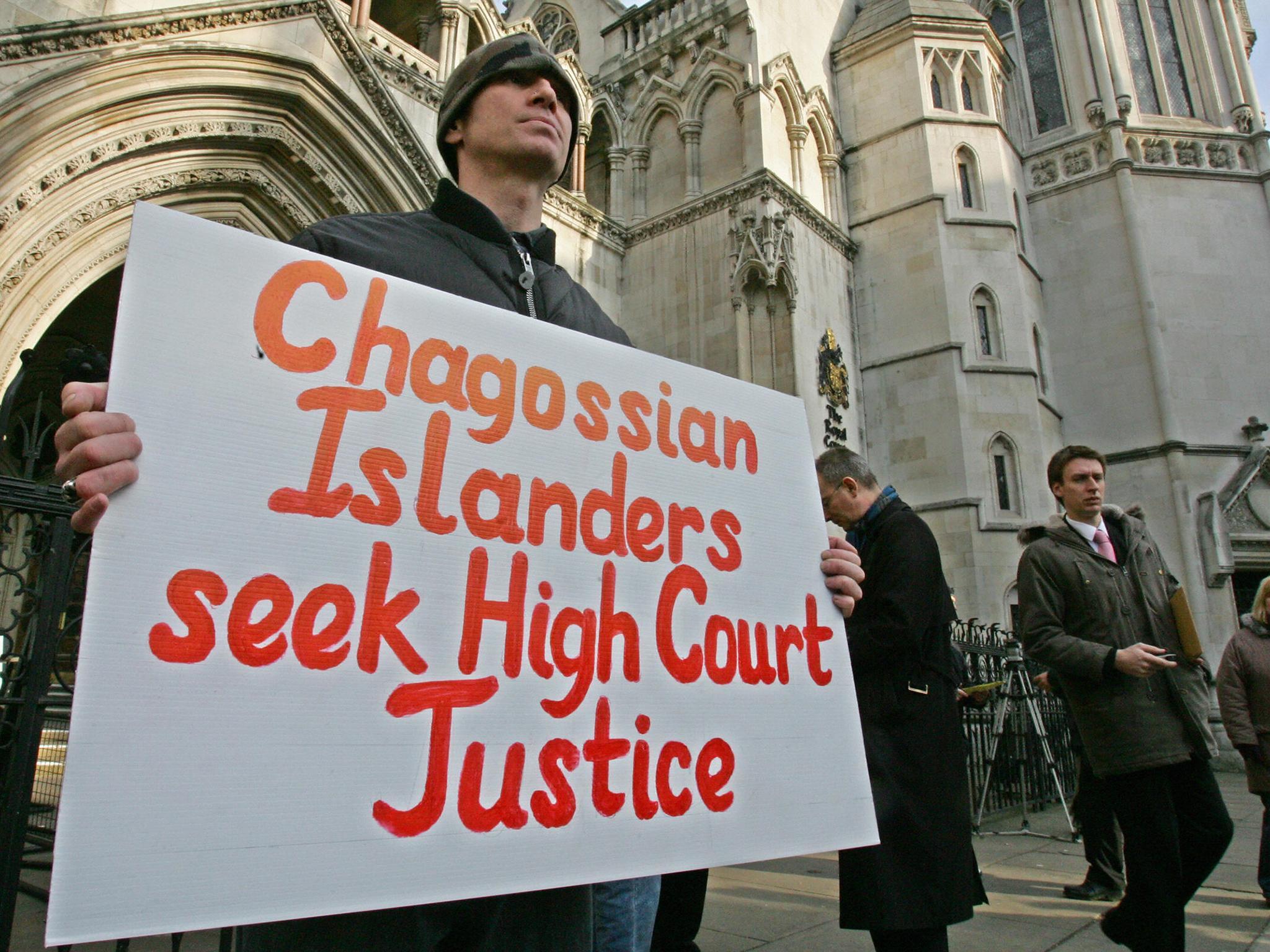UK government condemned for refusing to let Chagos islanders return home
TV presenter Ben Fogle criticises as a 'dark day' the announcement that the islanders - deported to make way for a US military base in 1971 - will not be allowed back

The decision to refuse a right of return to thousands of people exiled from the Chagos Islands is a “dark day” in British history, ministers have been told.
Adventurer Ben Fogle led criticism of the announcement that the islanders - deported from their Indian Ocean homeland to make way for a US military base in 1971 – will not be allowed back.
The expulsions, by Harold Wilson’s Labour government, have long regarded as one of the most shameful parts of Britain's modern colonial history.
For more than two years, Chagos islanders living in the UK and Mauritius have been waiting for a final decision, delays prompted by cost, economic viability and objections from the US military.
In a written statement to Parliament, Foreign Office minister Baroness Anelay rejected resettlement on the grounds of “feasibility, defence and security interests and cost to the British taxpayer”.
She admitted that the presence of the US Naval base – “a vital part of our defence relationship” – had also loomed large in the decision.
It is one of the largest US bases outside the country, including 2,000 military personnel, and is seen by the Pentagon as having huge strategic importance.
Instead, around £40 million will be offered to support existing Chagossian communities elsewhere in the world, including one in Crawley, in West Sussex.
Mr Fogle, the TV presenter and patron of the UK Chagos Support Association, said: “It's another heartbreaking day for the Chagossian community, who have repeatedly been betrayed and abused by their own Government.
“That even now, with so many reasons to support their return, the Government has failed to do the right thing, makes this a dark day in our country's history.”
Poet and writer Benjamin Zephaniah, also a patron of the association, added: “Once again, the people of the Chagos Islands are met with injustice.
“Sadly, today's decision is just another familiar scenario in a long and tragic episode of British foreign policy.”
And Tom Guha, the association’s chairman, said: “This is a shameful decision and will be remembered as such in the history books.
“The Government will continue to pay the price - not only in ongoing litigation fees - but in a deepened moral deficit.”
Lady Anelay wrote: “In coming to this decision the Government has considered carefully the practicalities of setting up a small remote community on low-lying islands and the challenges that any community would face.
“These are significant, and include the challenge of effectively establishing modern public services, the limited healthcare and education that it would be possible to provide, and the lack of economic opportunities, particularly job prospects.
“The Government has also considered the interaction of any potential community with the US Naval Support Facility – a vital part of our defence relationship.
The deal that allows the US to maintain its base on Diego Garcia is up for renewal this year, with the arrangement continuing for a further 20 years if neither side decided to terminate it before December 30.
Lady Anelay said: “I can today confirm that the UK continues to welcome the US presence and that the agreements will continue as they stand until December 30 2036.”
Join our commenting forum
Join thought-provoking conversations, follow other Independent readers and see their replies
Comments
Bookmark popover
Removed from bookmarks